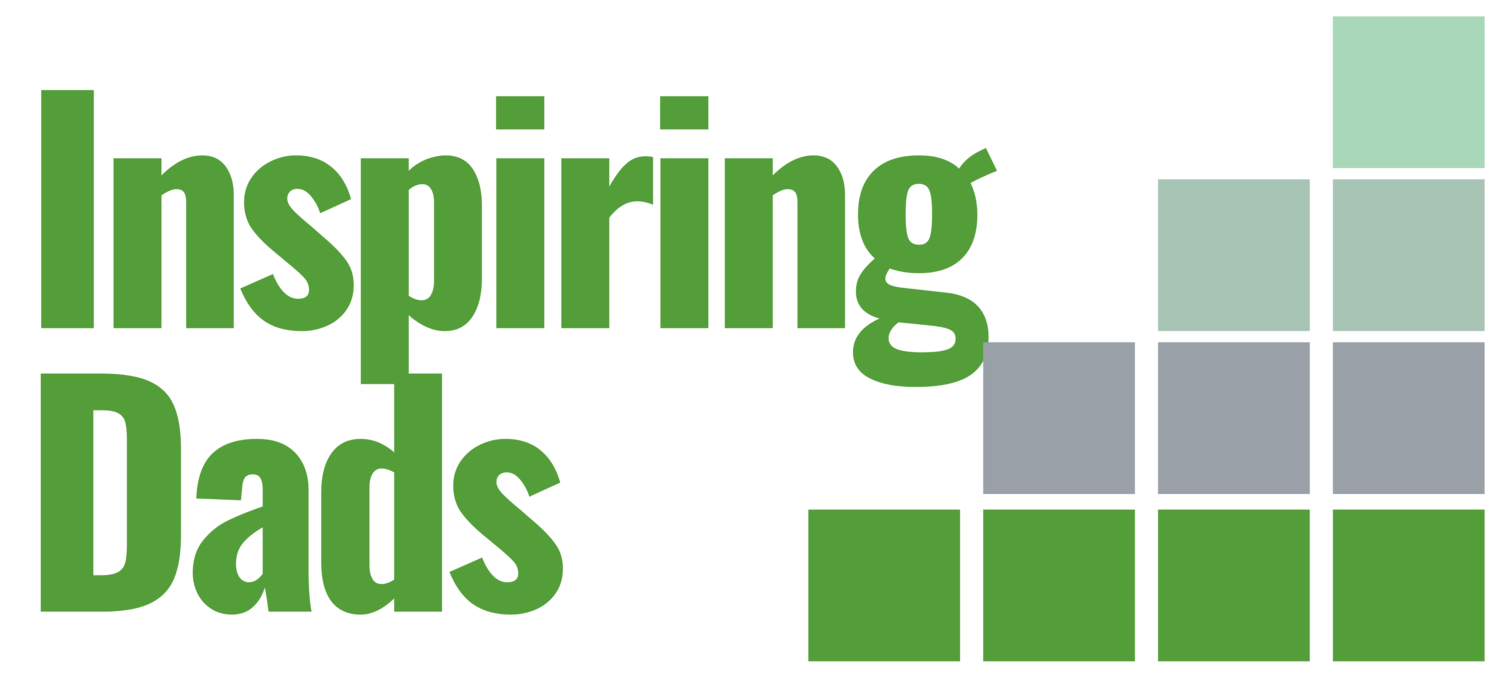The gift of Shared Parental Leave
The gift of Shared Parental Leave
In an industry which has long struggled with female attrition rate, recent research from law.com that shows 44% of partner promotions in the top 30 are women, (up from 12% five years ago), is to be welcomed. Even if that makes a comparatively minor dent in the 20% representation overall.
Originally published in the LAW Absolute Newsletter for Father’s Day 2021
Gender diversity is good for business - according to McKinsey, the most gender-diverse companies are 21% more like to experience above-average profitability.
For 15 years I have had a ringside seat on my wife’s law career, I’ve seen the dynamics and behaviours driven by hourly billing, the ‘eat what you kill’ mentality, the mental health challenges and the relationship tension that manifests itself as a woman posting “congrats, let’s catch up” on their husband’s 2-year LinkedIn anniversary notification.
It hasn’t always been pretty.
Policy and quotas only get you so far, culture change really matters, which was brought home to me when a younger female client of Lisa’s remarked that when they first met, she had assumed that Lisa didn’t have children “because I didn’t think you could be a mum and do this job.”
She and I both recognised how damaging that was for the prospects of all women.
What do dads want?
In their 30th anniversary report “State of Man” GQ magazine’s readers identified ‘Being a present father’ as the number one aspect of modern masculinity.
While dads in my Facebook group describe these desires
‘Spend more time with my daughter and be a happier person.’
‘To have more time with the kids.’
‘Attend more special occasions. Be a more active figure daily in
their lives.’
Even before the pandemic, research by insurance company Zurich and the UK government-backed think tank 'The Behavioural Insights Team' found that many more men also applied for roles when they offered flexible working options, suggesting the issue is just as important for them as it is for female candidates.
The impact of Covid on parents
The Office for National Statistics found that the first Covid lockdown had led to a 58% increase in childcare undertaken by men but women still did more childcare and women with young children are much more likely to be considering leaving the workplace altogether:
McKinsey reported that in the category of parents of kids under ten, the rate at which women in this group were considering leaving was ten per cent higher than for men.
The Financial Times also reported that this trend is seen at senior levels too:
“Senior-level women were 1.5 times more likely than men to think about downshifting their careers or leaving the workforce because of Covid-19.”
What is Shared Parental Leave (SPL)?
In short, couples can share up to 50 weeks of leave and up to 37 weeks of pay between them. Transferring allowance allows parents to share leave in a way that best suits them.
https://www.gov.uk/shared-parental-leave-and-pay
Why is SPL good for business?
Shared Parental Leave is a mechanism for supporting parents to divide parental leave in ways that work best for them as family - improving well-being and long-term loyalty and performance. Crucially, it is also an opportunity to change the business culture, creating a more diverse workplace.
Initiatives targeted at women create a two-tier system, but when men take extended leave (or seek to work flexibly) it is no longer possible to assume that only women have caring responsibilities, and this broadens the definition of what success and commitment at work looks like.
As Lisa Unwin, writing last month, said:
“The partners explained to me that they’d love to have more women on the team, provided they were able to put in the all-nighters and accept that this is an 80 hour a week job.”
Firms can use SPL to create more diverse workforces and maybe even remove some of the energy sapping, relationship and mental health damaging work structures that persist in the industry.
Photo Credit: Jonnelle Yankovich via Unsplash @jey_photography
Benefits for dads, children, and families.
1) It increases the early bonding experiences between father and child.
2) It creates the opportunity to build skills for long term solo parenting which is important for equality at home.
3) It insulates dads from vulnerabilities in the event of relationship breakdown. How often do you hear the story - 'He can't share custody he doesn't know what he's doing’ ? Harder to say if you have a track record of looking after children on your own.
4) Present and engaged dads create great behavioural outcomes for children.
5) Great for dual income couples, skills learnt by dads builds equality at home.
According to a Harvard Business Review report,
“Women with equal partners at home are more successful at work. When people are less concerned with the impact of their job on family responsibilities and able to focus and commit more fully to their work, it’s no surprise that they’re more productive and able to take advantage of growth and advancement opportunities.”
The leading Law firms do enhance their leave.
https://www.linklaters.com/en/about-us/news-and-deals/news/2019/december/new-parental-leave-policy
Actions businesses can take to celebrate Father’s Day.
The pandemic has changed everything, we can longer assume that men don’t have or want caring responsibilities.
· Review your parental leave provision – putting dads at the heart of policy.
· Identify male fatherhood role models.
· Encourage men to take leave and access flexible working.
· Normalise men taking leave and build a different culture.
There is little point making up record numbers of women to partnership if firm wide culture is still built around long hours and an assumption that men do not want to be present in their families’ lives. It’s lazy and it will cause relationship issues and well-being challenges.
Photo Credit: Larry Crayton via Unplash @ljcrayton































